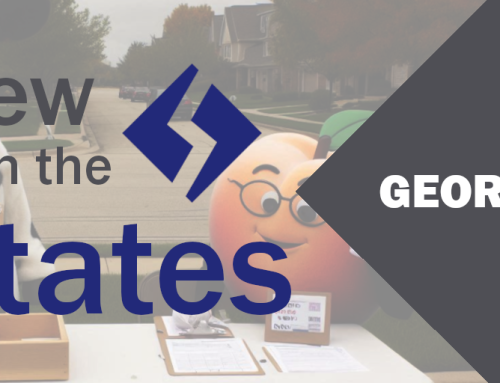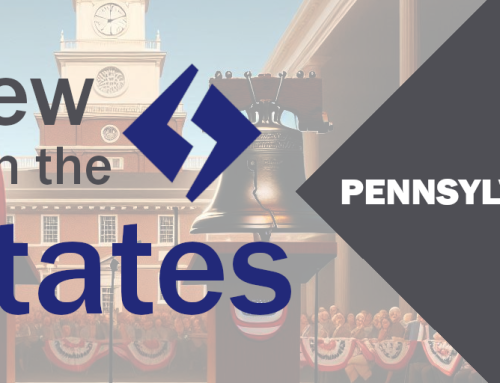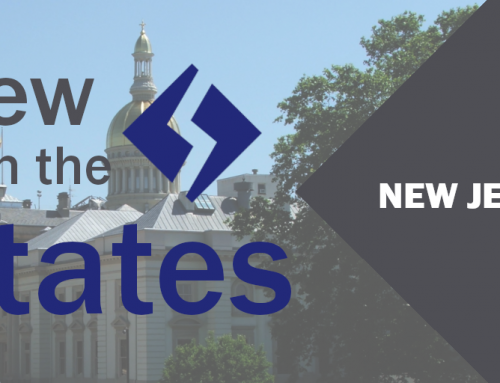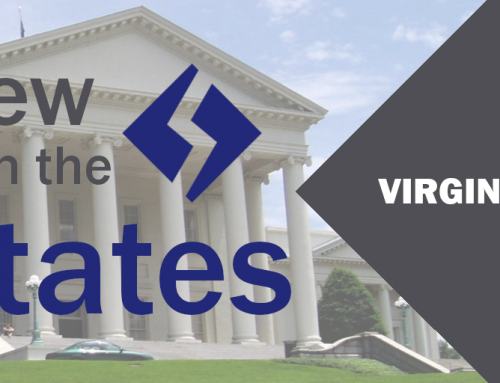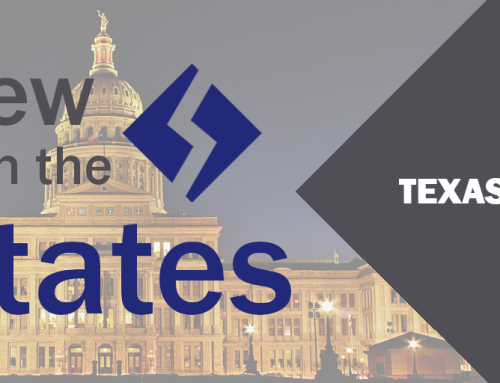Tapping into the expertise and perspective of Highland’s network of over 500 bipartisan, in-state operatives, “View from the States” offers you periodic insights into important local trends often overlooked by Inside-the-Beltway “conventional wisdom.”
In this edition, we check in on the Massachusetts U.S. Senate primary, which features an incumbent who has been in Congress for 40 years. But as New England’s sports fans know, nothing lasts forever.
Saying Good-Bye to Home-Grown Icons?
Massachusetts might see a trend from its sports arenas extend to its political arena. (And no, that doesn’t mean Curt Schilling is flirting with a Senate run again.)
For the past 20 seasons, Tom Brady lined up under center for the New England Patriots. An afterthought in the 2000 NFL draft (he was famously a sixth-round pick with 198 players taken ahead of him), Brady helped deliver six Super Bowl titles and transformed the Patriots into the NFL’s top franchise. But New England and Brady parted ways this past spring, as Brady signed with the Tampa Bay Buccaneers.
After working his way up through the Red Sox farm system, Mookie Betts became one of the top players in Major League Baseball. He won the American League MVP award in 2018 while leading Boston to victory in the World Series. Yet with free agency looming after the 2020 season, the Sox elected to trade their best player to the Los Angeles Dodgers just before the start of this year’s spring training.
Now Senator Ed Markey, who has represented the Bay State in Congress since 1976 and held elected office for nearly a half-century, finds himself in a heated battle for re-election, as he tries to avoid becoming the latest Massachusetts stalwart to find himself on the way out.
Old Name, New Energy
Markey faces a challenge from U.S. Rep. Joe Kennedy III, the grandson of Robert F. Kennedy. Kennedy seeks to capitalize less on his lineage (though it doesn’t hurt) and more on the undercurrent of progressive enthusiasm that has fueled upstart Democrats over the past two campaign cycles. While both Markey and Kennedy identify as progressives, Kennedy is seeking to put the label front and center.
Despite the COVID-19 pandemic slowing down normal campaign operations, Highland’s in-state operatives tell us the work hasn’t stopped for either candidate — though they appear to be taking different approaches.
Kennedy, with his overt appeals to progressive activists, has sought to engage grassroots activists across the state, remaining visible to his key supporters. In contrast, Markey seems to have taken a page out of former Vice President Joe Biden’s playbook, staying less visible and resting on his higher name recognition and establishment support.
According to Highland’s sources, this is a dangerous gambit by Markey.
Will the Gamble Pay Off?
With the nature of the Massachusetts Democratic Party and its constituent base changing, Markey’s absence may send the wrong message. To many young voters, he looks like an out-of-touch career politician, while Kennedy comes off as one of their own.
The potential effects of the pandemic on voter turnout remain unpredictable. Kennedy appears to have the advantage in a pair of recent polls, but his lead varies wildly (anywhere from 2-16%) between polls of registered or likely voters. Markey holds a fundraising advantage (he has raised $8 million to Kennedy’s $5 million), but Kennedy reports $6 million cash on hand as opposed to Markey’s $4.4 million. Our in-state sources suggest Kennedy’s position as a progressive leader could motivate enough voters to overcome Markey’s establishment advantages, and his cash-on-hand gives him the resources to activate that grassroots support.
That would make Markey the latest Massachusetts mainstay to see years of service come to an abrupt, surprising, and unceremonious end.
How can you leverage in-state political trends to persuade key decision-makers? Contact us today to learn more.



